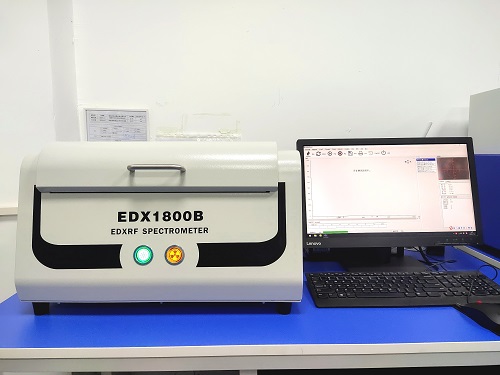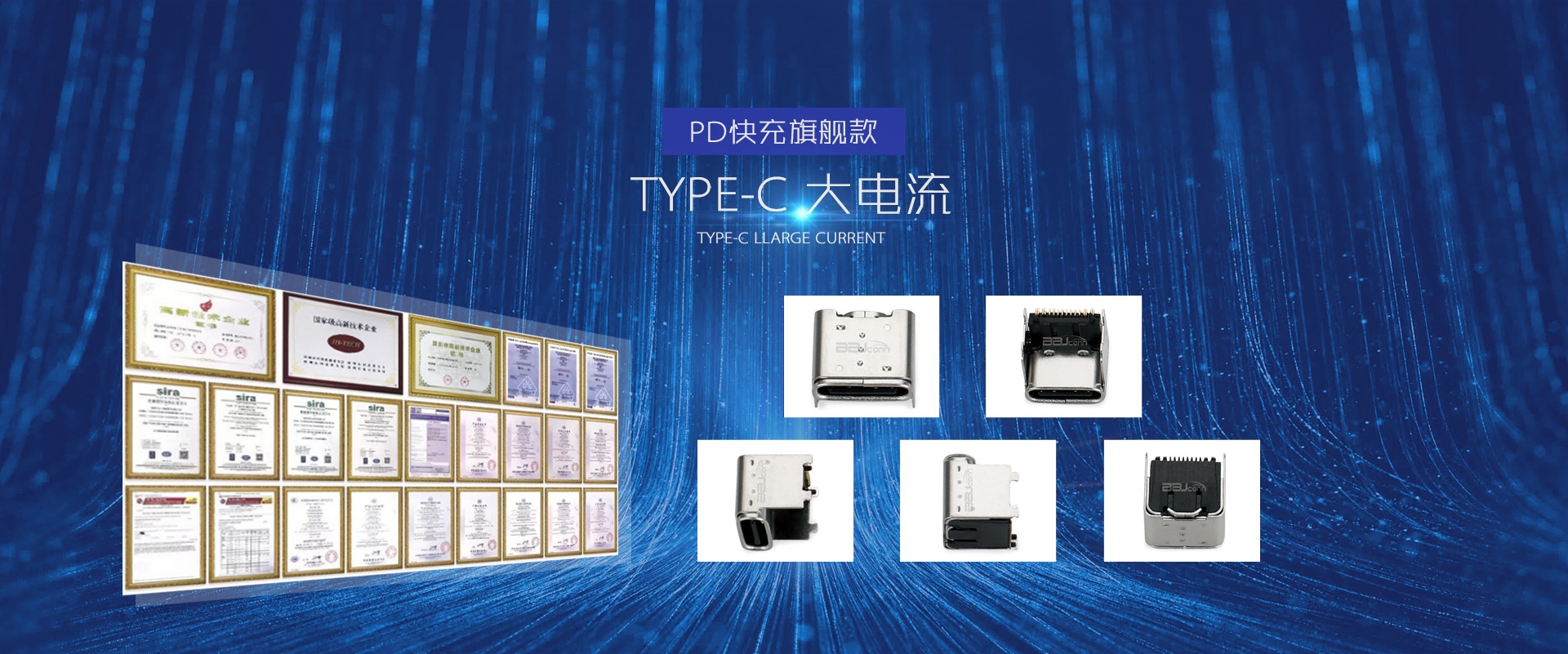Analysis on the necessity of environmental testing of Type-C connectors
With the popularization of electronic equipment and the increasing awareness of environmental protection,Type-C connectorAs an important component in modern electronic equipment, its environmental testing is particularly important. This article will discuss in detail the necessity of environmental testing for Type-C connectors and its impact on the market and environment.
Environmental requirements for Type-C connector materials
Type-C connectors involve a variety of materials during the manufacturing process, including metals, plastics, and coatings. These materials may contain harmful substances such as lead, mercury, cadmium, etc., causing harm to the environment and human health. Therefore, Type-C connectors C connectors must pass strict material environmental testing to ensure that the materials used comply with environmental standards such as RoHS (Restriction of Hazardous Substances). Passing material environmental testing can reduce the use of harmful substances and ensure the environmental protection of the product from the source.
Environmental monitoring of Type-C connector production process
The production process of Type-C connectors includes multiple links such as raw material procurement, processing, assembly and packaging. Each link may produce environmental pollution, such as waste water, waste gas and solid waste. Therefore, Type-C connector manufacturers need to Carry out comprehensive environmental monitoring to ensure that pollutant emissions during the production process comply with the requirements of national and international environmental regulations. Through environmental testing, environmental problems in the production process can be discovered and rectified in a timely manner to reduce the negative impact on the environment.
Environmental performance of Type-C connector during use
Type-C connectors may produce electromagnetic radiation and energy consumption problems during use. Electromagnetic radiation not only affects the normal operation of other electronic devices, but may also cause harm to human health. High energy consumption means more resource consumption and Environmental burden. Therefore, Type-C connectors need to undergo electromagnetic compatibility (EMC) and energy efficiency testing during the design and production process to ensure their environmental performance during use. Through environmental testing, the Type-C connector can be improved Energy efficiency, reducing resource consumption and improving product market competitiveness.
Recycling and reuse of Type-C connectors after they are discarded
How to dispose of Type-C connector waste after its service life is over is also an important environmental issue. Traditional electronic waste disposal methods often cause serious pollution to the environment. Therefore, Type-C connectors should be considered when designing The problem of recycling and reuse after it is discarded. Through environmental testing, the recyclability and reuse rate of Type-C connectors can be evaluated, promoting the recycling of electronic products, and reducing the environmental burden of electronic waste.
The Importance of Environmental Testing for Type-C Connectors
Type-C connector environmental testing not only helps protect the environment, but also helps companies gain market recognition. As global environmental regulations become increasingly stringent, only products that pass environmental testing can enter the international market. For consumers, environmental protection Testing and certified Type-C connectors means a safer and healthier usage experience. Therefore, environmental testing of Type-C connectors is an important means for companies to improve market competitiveness and brand reputation.

Future trends in environmental testing of Type-C connectors
With the continuous advancement of technology, the environmental testing methods of Type-C connectors are also constantly developing. In the future, environmental testing will pay more attention to the environmental assessment of the entire life cycle, from raw material selection to production, use, waste and recycling. Strict environmental monitoring is carried out. At the same time, with the development of the Internet of Things and intelligent manufacturing, the environmental testing of Type-C connectors will be more intelligent and data-based, providing enterprises with more scientific and accurate environmental management solutions.
The necessity of environmental testing for Type-C connectors is self-evident. Through strict environmental testing, we can ensure that the impact of Type-C connectors on the environment during the entire life cycle is minimized and meet the needs of consumers and the market for environmentally friendly products. .At the same time, environmental testing is also an important means for companies to improve product quality and market competitiveness. In the future, with the continuous advancement of environmental technology, the environmental testing of Type-C connectors will be more comprehensive and intelligent, providing information for the sustainable development of electronic products. Strong guarantee.
